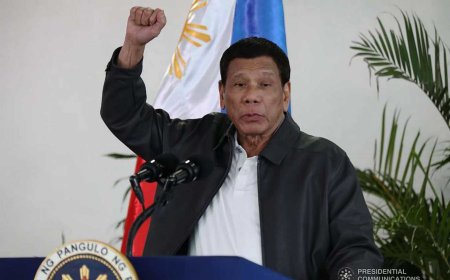The Impact of Corruption on Ordinary Filipinos
Corruption is a deeply rooted problem in the Philippines, affecting the lives of ordinary citizens in ways that are often overlooked. From increased living costs to poor public services, its consequences are felt by every Filipino.
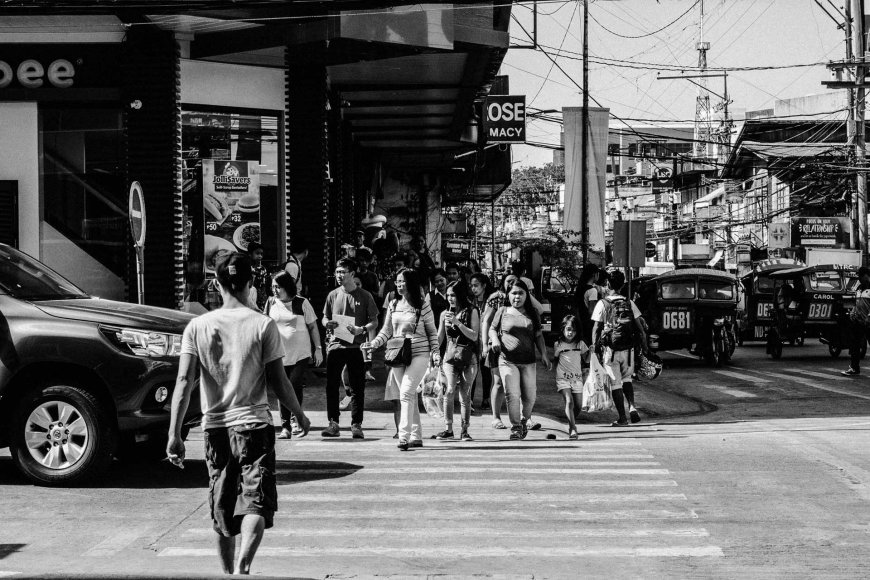
How Corruption Affects Daily Life, Opportunities, and Services in the Philippines
Corruption is a persistent issue in the Philippines, affecting the economy, public services, and the daily lives of ordinary citizens. To truly understand its impact, let's break it down into simpler terms and explore how corruption directly influences the life of a typical Filipino.
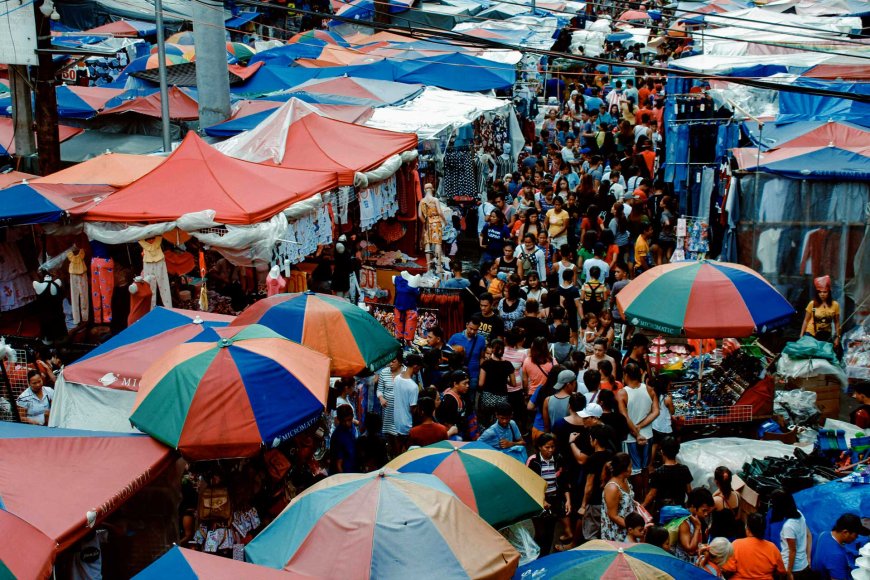
Eroded Public Services: Paying for What Should Be Free
Corruption siphons funds meant for public services such as healthcare, education, and infrastructure. When government officials pocket money or allocate budgets inefficiently, ordinary Filipinos bear the brunt.
For instance, a public school may lack enough classrooms, books, or qualified teachers because the funds intended for these resources are misused. Students are forced to study in overcrowded environments, and parents may need to spend extra on private tutoring or school supplies.
Similarly, corruption in healthcare leads to underfunded public hospitals. Medicine shortages and a lack of facilities force many Filipinos to seek expensive private medical care. In short, people end up paying for services that should already be accessible.

Higher Taxes, Lesser Benefits
Every year, hardworking Filipinos pay taxes, expecting that their contributions will fund social programs and development projects. However, corruption eats into these funds. As a result, roads remain pothole-ridden, public transportation is unreliable, and social welfare programs barely make an impact.
For the ordinary worker, this means paying higher taxes or enduring increased fees for basic services while seeing little improvement in quality. Worse, it fosters distrust in government institutions, making citizens feel powerless to demand better.
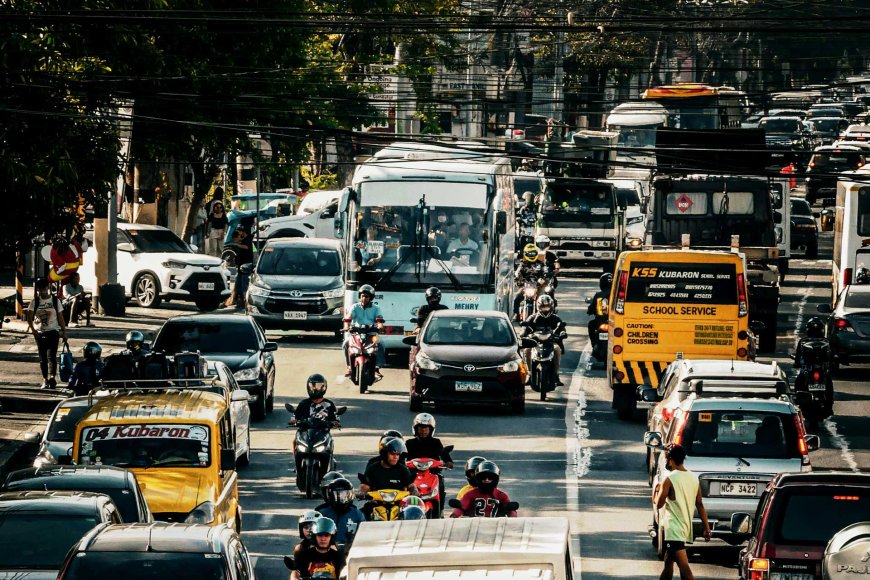
Lost Job Opportunities and Economic Stagnation
Corruption scares off potential investors. Businesses are hesitant to invest in a country where bribery, red tape, and lack of transparency prevail. When foreign and local companies choose other destinations, it directly impacts job creation.
For an ordinary Filipino, this means fewer employment opportunities and stagnant wages. Talented individuals may resort to working abroad, leaving families behind, which leads to a brain drain that hampers long-term economic growth and worse, the destruction of many families.
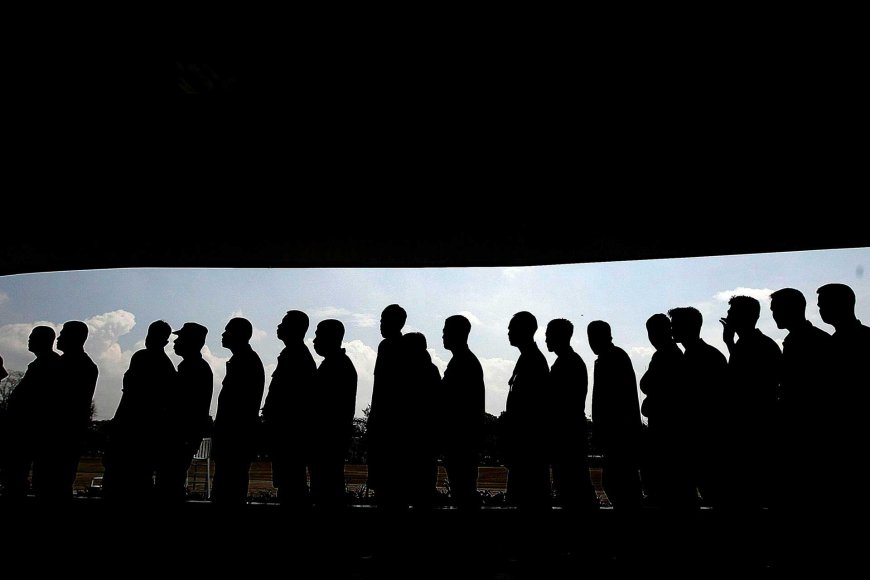
Increased Cost of Living
Corruption in government procurement processes and the private sector often leads to overpriced goods and services. For example, infrastructure projects may cost more than necessary due to kickbacks or bribes. These inflated costs trickle down to the average Filipino, who ends up paying higher utility bills, transportation fares, and even food prices.
In essence, corruption acts like a hidden tax that makes everyday living more expensive.

A Culture of Inequality
Corruption enables the rich and powerful to bend the rules in their favor, leaving ordinary Filipinos at a disadvantage. Elite families or businesses with political connections often receive preferential treatment, such as avoiding taxes or securing government contracts.
This perpetuates inequality, as the powerful few continue to amass wealth while the majority struggle to make ends meet. For the average Filipino, this imbalance fosters feelings of frustration and hopelessness.
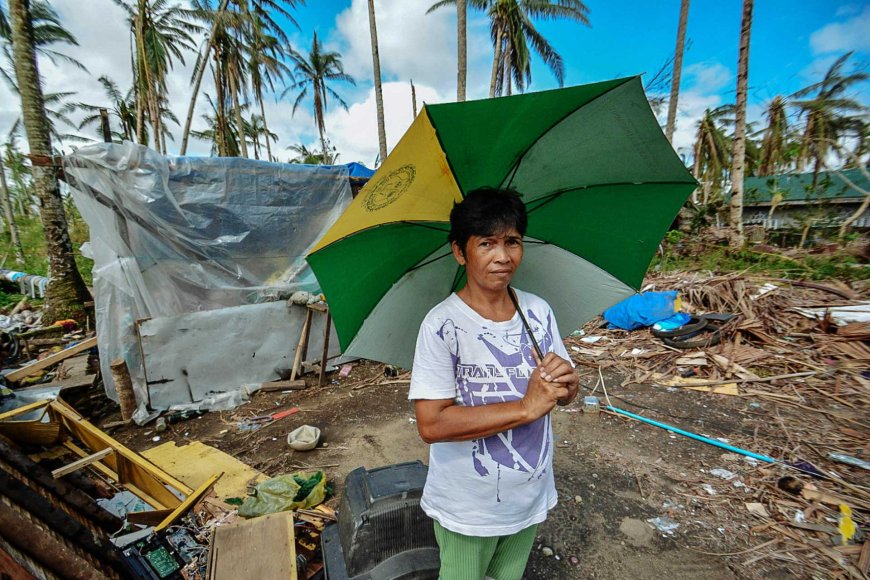
Undermined Trust in Governance
Perhaps the most insidious impact of corruption is how it erodes trust in institutions. When people see officials stealing from the public purse or getting away with crimes, it creates a sense of injustice. Citizens may become apathetic toward elections, believing their votes won’t lead to meaningful change. And because of this, many now accept bribes during elections and don't care who they vote for.
For ordinary Filipinos, this lack of trust can discourage participation in civic activities or efforts to hold leaders accountable. Over time, it creates a vicious cycle where corruption becomes normalized.

Everyday Frustrations and Inconveniences
Corruption doesn’t just operate on a grand scale; it also affects daily life. Consider the process of obtaining a driver’s license or renewing a business permit. The presence of “fixers” or the need to pay bribes for faster service is a common experience.
These everyday encounters with corruption frustrate citizens and waste their time and money. It also perpetuates a culture of dishonesty, as people feel compelled to engage in corrupt practices just to get things done.

What Can Be Done?
Despite its pervasive effects, corruption is not an unsolvable problem. Ordinary Filipinos can contribute to its reduction by:
- Educating Themselves - Understanding how corruption operates and its impact is the first step.
- Participating in Governance - Voting wisely, joining community initiatives, and holding leaders accountable are crucial.
- Advocating for Transparency - Supporting policies that promote transparency and accountability, such as Freedom of Information (FOI) laws.
It’s also essential for institutions to enforce stricter anti-corruption measures and for the public to collectively demand better governance.

Understanding the Far-Reaching Impact of Corruption and the Path to a Fairer Philippines
Corruption is more than just a political issue—it is a force that affects the daily lives of millions of Filipinos. From higher living costs and reduced public services to lost opportunities and a culture of inequality, its impact is far-reaching. However, with collective action and awareness, ordinary Filipinos can take steps to combat this pervasive problem and work toward a fairer, more equitable society.
Let’s start by understanding its effects, refusing to tolerate it, and demanding change. After all, a corruption-free Philippines benefits everyone.
Nipino.com is committed to providing you with accurate and genuine content. Let us know your opinion by clicking HERE.


















































